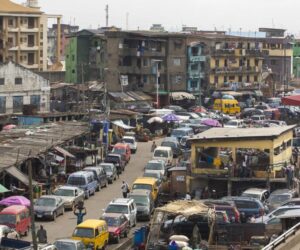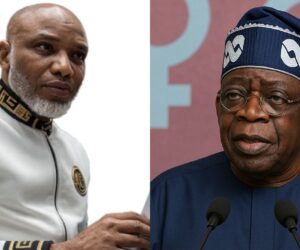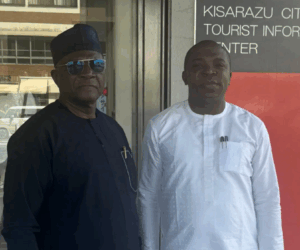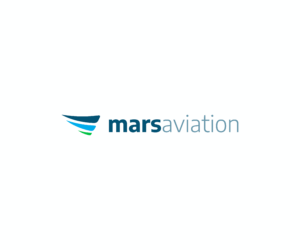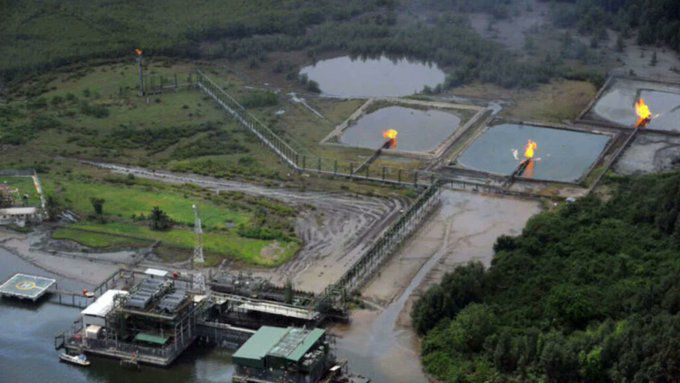
The West Africa Oil and Gas Reporters Network (WAOGRAN) has named Nigeria the new destination for global oil and gas investment, crediting sweeping reforms championed by the Nigerian Upstream Petroleum Regulatory Commission (NUPRC) under Engr. Gbenga Komolafe.
In a statement issued Thursday in Accra, the regional media body said Nigeria has “restored global confidence” in its upstream sector and repositioned itself as the continent’s foremost investment hub. WAOGRAN, which monitors energy and oil sector developments across 16 West African nations, stated that its assessment was based on months of field reporting, industry monitoring, and stakeholder engagement.
“The Nigeria of today is no longer viewed as a risky environment but as a destination of choice,” WAOGRAN’s coordinator, Dr El-Hadji Mbow, declared. “What has changed is the credibility of its regulatory framework. NUPRC has built an environment where companies can commit long-term capital with confidence, and that is why we say Nigeria is now the leading investment hub for global oil and gas.”
According to WAOGRAN, investor optimism is reflected in recent performance milestones: crude oil output rose to 1.71 million barrels per day in July 2025, up from 1.55 million a year earlier; gas utilisation reached 1.372 trillion standard cubic feet in the first half of the year; and gas flaring dropped to below nine percent — the lowest level in more than a decade.
The group also praised Nigeria’s 2024 oil block licensing round as “the most transparent in the country’s history,” noting its live broadcasts, public bid openings and global participation that unlocked billions of dollars in prospective investments.
Nigeria’s Gas Advantage
With 209 trillion cubic feet of proven reserves, Nigeria now boasts Africa’s largest gas supply. WAOGRAN said reforms have created a credible framework for gas to drive Nigeria’s industrial growth while contributing to the continent’s wider energy transition.
“Gas is Africa’s bridge to the future, and Nigeria is firmly in the driver’s seat. The issue is no longer about reserves alone, but about trust in the system governing their exploitation,” Mbow said.
WAOGRAN observed that Nigeria’s reforms are already influencing Ghana, Senegal and Côte d’Ivoire, which have begun referencing its licensing and reporting standards. “By setting a model for the rest of West Africa, Nigeria has elevated the image of the entire region,” the group noted.
The network, however, cautioned that oil theft, vandalism and weak infrastructure remain pressing challenges. It urged Nigeria to institutionalise reforms so that progress is not tied to individuals alone.
“The credibility we see today must be safeguarded beyond any single administration. Institutions must be strong enough to carry reforms forward,” the statement stressed.
WAOGRAN further insisted that revenues from new investments must translate into improved citizen welfare, as measured by job creation, healthcare, and education. It also commended President Bola Tinubu for providing the decisive backing that enabled NUPRC’s reforms.
“The country has gone from being a place investors avoided to one they now compete to enter. That is the power of credible reform and excellent leadership,” the group concluded.


